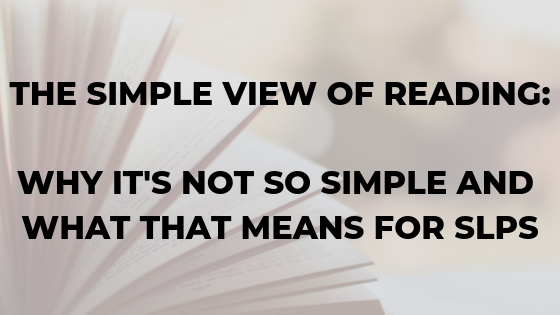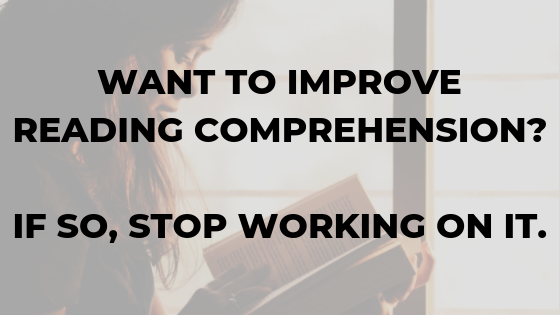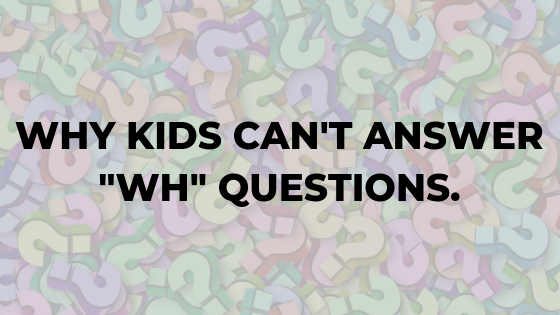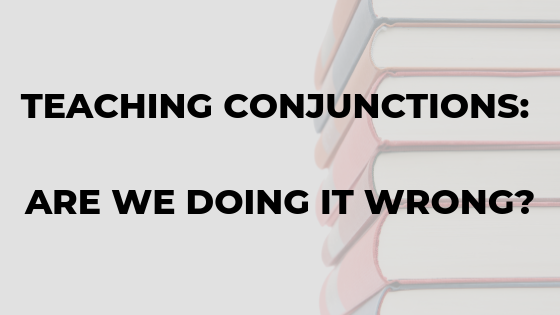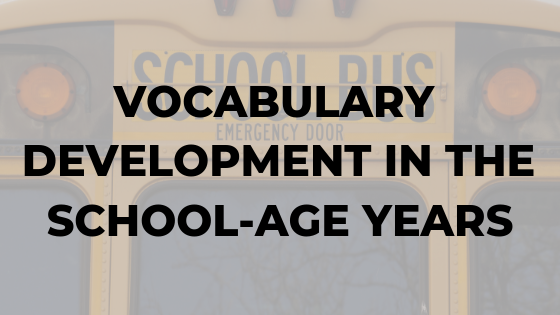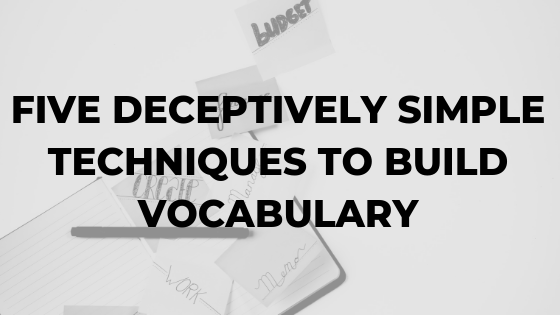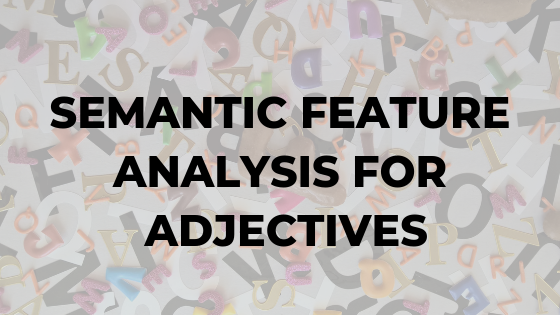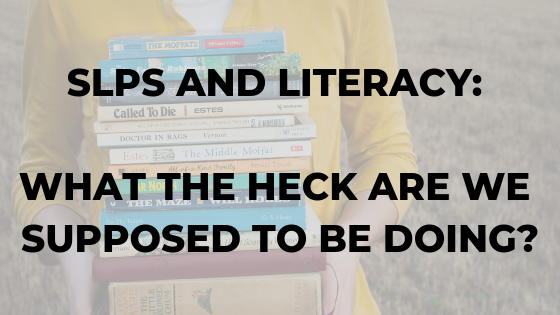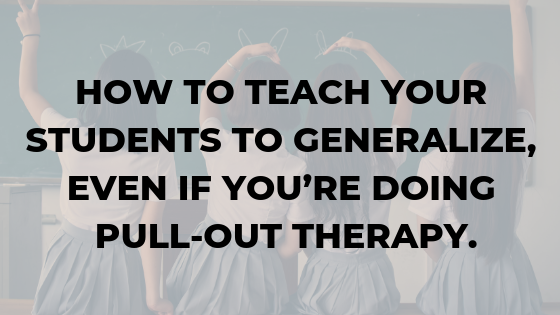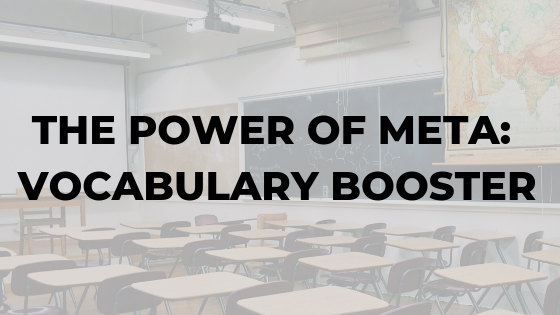I’ve been hearing some crazy stories from SLPs lately. The other day, an SLP shared that one of her private clients decided to stop coming because her mom couldn’t afford speech AND dance classes. So she decided to do JUST the dance classes and drop the speech therapy. Ouch. Then there was the SLP in…
Category: Vocabulary Strategies for Language Therapy
Vocabulary has a profound impact on a child’s ability to learn to read and write, which is why it should be the foundation for your language therapy. That’s why these articles are for SLPs looking to build vocabulary efficiently so their students can achieve academic success.
Want to improve “reading comprehension”? If so, stop working on it.
If I had a dollar for every time someone asked me for some good “comprehension” and “inferencing” techniques for kids with language disorders, I could retire and buy a private island. If I had another dollar for every article I saw on Pinterest about “reading comprehension”, “main idea”, “inferencing” for language therapy I could probably…
Why kids can’t answer “why” questions
Do you have kids who have been working on “wh” questions FOREVER? If your students have a hard time understanding language, you’re probably familiar with that “deer-in-headlights” look you get when you ask the a “wh” question. Either that, or you’ve gotten used to getting responses that have NOTHING to do with what you asked….
Teaching Conjunctions: Are we doing it wrong?
“Don’t start a sentence with a conjunction!” I can remember hearing that rule repeated over and over again during my elementary school grammar lessons. As an adult, I remember hearing it again when my students rattled off that rule in my therapy room while we were working on complex sentences. But there’s only one problem:…
Vocabulary Development in the School-Age Years
It’s painfully obvious to point out that vocabulary development is critical during the school age years, and equally obvious to say that we need to make a conscious effort to address it with our students. What’s less obvious is how we determine what is “normal vocabulary development”. How can we crawl in to someone’s head…
Five Deceptively Simple Techniques to Build Vocabulary
There isn’t a week that goes by that I don’t hear an SLP out there cry in frustration: “I’m NOT a speech teacher! I’m a freaking SLP!” And for good reason. No one likes to be mislabeled or misunderstood, and when it comes down to it, a lot of people don’t REALLY understand what we…
Semantic Feature Analysis for Adjectives
Semantic feature analysis is a vocabulary-building strategy that builds storage and retrieval, boosts metalinguistic awareness skills, and teaches students to define and describe words in a way that’s EFFICIENT, and EFFECTIVE. Many of us know how to do semantic feature analysis for nouns, but we know that our students need to know verbs and adjectives…
SLPs and Literacy: What are we supposed to be doing?
Even though I don’t like to admit it, there were times throughout the early years of career that I’ve felt totally confused about my role in language and literacy. If you have experienced this too, you know that feeling this way can make it really hard to do your job. It wasn’t until I went back…
How to teach your students to generalize, even if you’re doing pull-out therapy.
Generalization is like the Holy Grail for speech therapists. All we really want in life is for what we do in the therapy room to transfer to other settings. Yet for many of us, generalization is like a mirage that continues to elude us and our students. Part of the problem is that therapy can be…
The Power of Meta: Vocabulary Booster
When we treat language impairments, it can seem like we have the weight of the world on our shoulders. That’s why I’ve created The Power of Meta: Vocabulary Booster, a free 30-page manual for treating school-aged language disorders. When we’re working with students who have language issues, there are so many things we need to…
